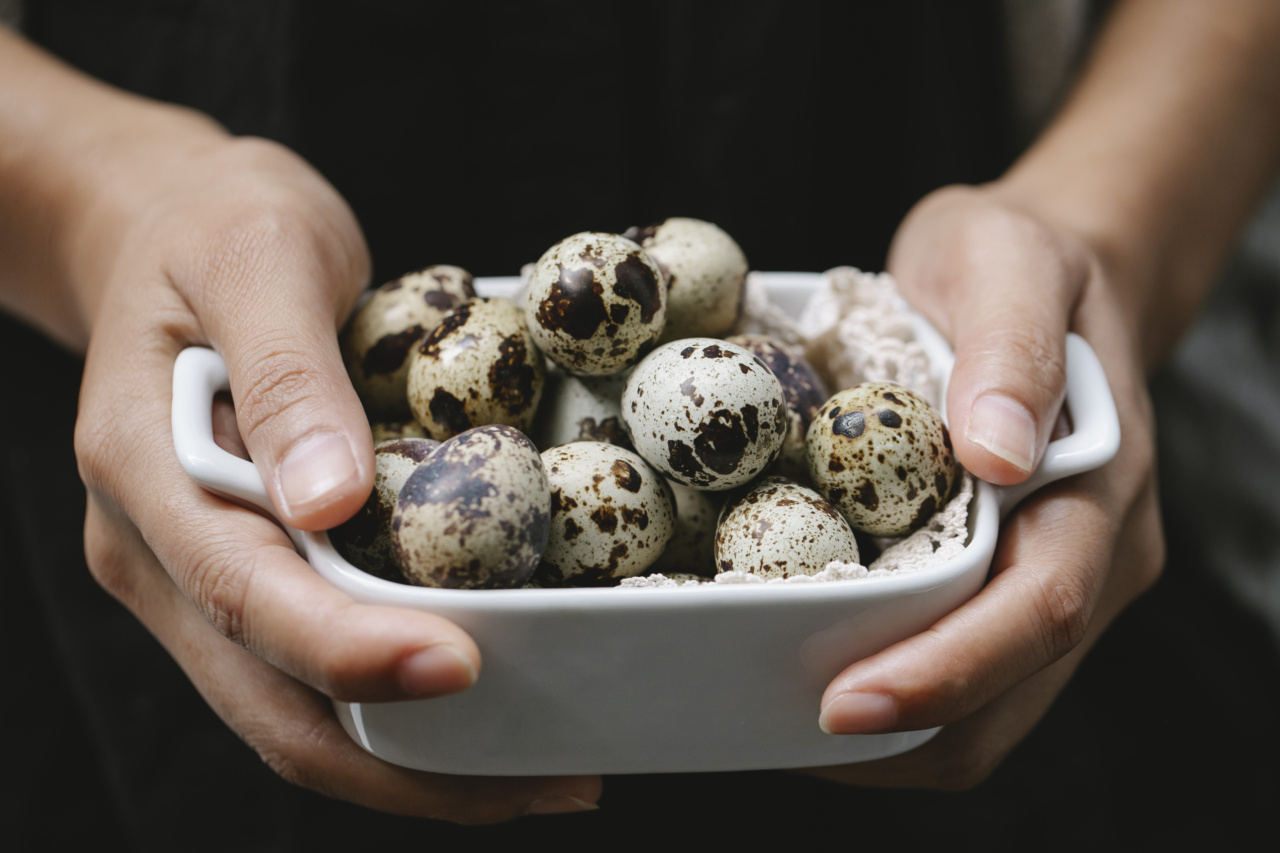Protein is an essential nutrient required by the body for growth, repair, and maintenance of tissues. In recent years, there has been a growing trend of consuming high protein diets, especially among women.
However, consuming too much protein can be detrimental to one’s health, and in this article, we will discuss the dangers of protein overload in women’s diets and what you need to know about it.
What is Protein Overload?
Protein overload, also known as excessive protein intake, occurs when one consumes more protein than the body needs.
The recommended daily protein intake varies depending on age, weight, and level of physical activity, but generally, adult women are recommended to consume 46 grams of protein per day. However, some women consume far more than this amount in their diets, sometimes up to 200 grams a day or more.
The Dangers of Protein Overload in Women’s Diets
While protein is a necessary component of a healthy diet, consuming too much protein can lead to several health problems:.
1. Kidney Problems
One of the most serious potential dangers of excessive protein intake is kidney damage. The kidneys play a vital role in removing waste products from the blood, and too much protein can strain the kidneys’ ability to function properly.
When the kidneys are overworked, they may become damaged or even fail. Furthermore, high protein intake can also lead to the formation of kidney stones.
2. Digestive Problems
Consuming too much protein can also cause digestive problems such as constipation, bloating, and diarrhea. This is because the body needs an adequate amount of fiber and water to break down protein efficiently, and a lack of either can impair digestion.
In addition, excessive protein intake can disrupt the balance of bacteria in the gut, leading to inflammation and other digestive issues.
3. Dehydration
High protein diets can also lead to dehydration due to the extra work that the kidneys have to do to process excess protein.
Furthermore, protein metabolism produces waste products that are excreted in urine, requiring additional water to be filtered and eliminated from the body.
4. Weight Gain
While protein can help with weight loss, consuming too much protein can actually lead to weight gain. This is because excess protein intake can cause the body to store excess calories as fat.
In addition, some high protein diets are also high in fat, which can further contribute to weight gain.
5. Heart Disease
Research has also linked high protein diets to an increased risk of coronary heart disease.
This is because some high protein diets are also high in saturated fat, which can increase cholesterol levels and contribute to the development of plaque in the arteries.
How to Avoid Protein Overload
To avoid the dangers of protein overload, women need to be aware of the recommended daily protein intake and stick to it. In addition, it’s important to choose healthy protein sources such as lean meats, fish, beans, nuts, and seeds.
Women should also aim for a balanced diet that includes a variety of fruits, vegetables, whole grains, and healthy fats.
Conclusion
Protein is an important nutrient that plays many vital roles in the body. However, consuming too much protein can lead to several health problems that women need to be aware of.
By being conscious of their daily protein intake and choosing healthy protein sources, women can avoid the dangers of protein overload and maintain good health.


























